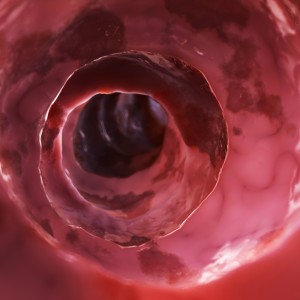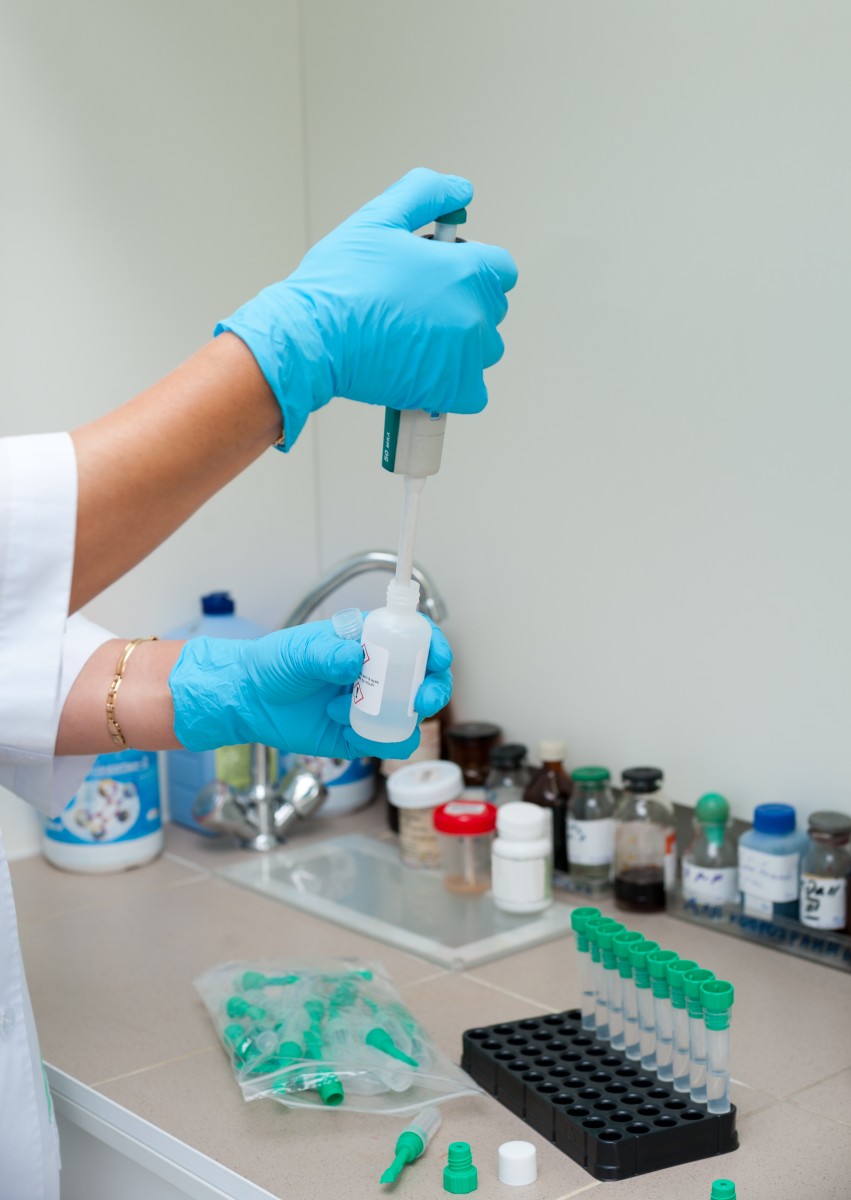 Researchers at the Okayama University Graduate School of Medicine, Dentistry and Pharmaceutical Sciences and Wakayama Medical University in Japan recently revealed that two assays, fecal immunochemical test (FIT) and fecal calprotectin (Fcal), can effectively predict the intestinal mucosa status in patients with inflammatory bowel disease (IBD). The study was published in the American Journal of Gastroenterology and is entitled “Evaluation of Mucosal Healing in Ulcerative Colitis by Fecal Calprotectin Vs. Fecal Immunochemical Test.”
Researchers at the Okayama University Graduate School of Medicine, Dentistry and Pharmaceutical Sciences and Wakayama Medical University in Japan recently revealed that two assays, fecal immunochemical test (FIT) and fecal calprotectin (Fcal), can effectively predict the intestinal mucosa status in patients with inflammatory bowel disease (IBD). The study was published in the American Journal of Gastroenterology and is entitled “Evaluation of Mucosal Healing in Ulcerative Colitis by Fecal Calprotectin Vs. Fecal Immunochemical Test.”
IBD is a chronic inflammatory condition of the digestive tract that primarily comprises ulcerative colitis and Crohn’s disease. It is characterized by vomiting, abdominal pain, rectal bleeding, diarrhea, internal cramps in the pelvis region, fatigue and weight loss. IBD can lead to life-threatening complications such as iron deficiency anemia.
The Fcal test is a biochemical test that can detect inflammation in the intestine and is therefore often used in the diagnosis of IBD. FIT is a test that can detect hidden blood in the stool. In this study, both tests were compared in terms of accuracy in predicting mucosal healing in patients with ulcerative colitis.
Stool samples from 92 patients with ulcerative colitis who underwent colonoscopy (105 in total) between October 2012 and February 2014 were analyzed using both methods. The mucosal status was assessed through the Mayo endoscopic subscore, a score system developed to evaluate disease activity in patients with ulcerative colitis.
Researchers found that both FIT and Fcal results correlated with the Mayo endoscopic subscore and the total inflammation score, with FIT having slightly higher correlation coefficients than Fcal. Both tests had a similar specificity, although FIT was found to be more sensitive in comparison to Fcal.
The research team concluded that FIT and Fcal tests can both effectively predict mucosal status in patients with ulcerative colitis, although FIT was found to have a higher sensitivity in predicting mucosal healing (Mayo endoscopic subscore of zero).
“FIT predicts mucosal status of UC [ulcerative colitis] equivalently or more efficiently compared to Fcal,” concluded one of the study’s authors Dr. Sakiko Hiraoka in a news release. “Most highlighted for FIT is its very low cost; FIT can be measured approximately 10 times by the cost of one-time Fcal. Closely measurable FIT enables [inflammatory bowel disease] physicians to survey the clinical status of UC more meticulously.”

